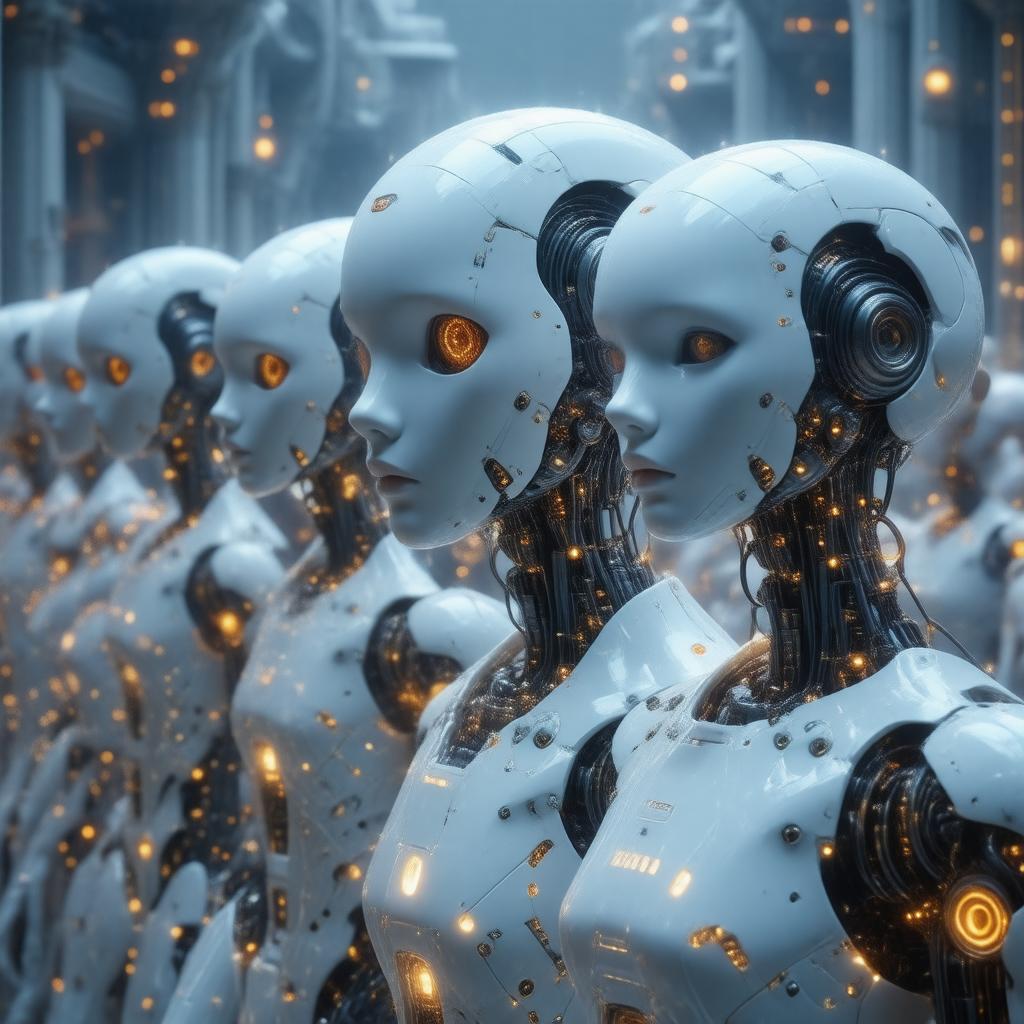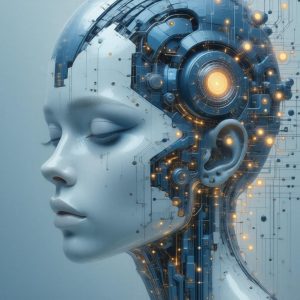Modern artificial intelligence has given rise to AI agents – software programs that can perceive their environment and take actions to achieve specific goals. Think of them as digital assistants that can operate independently to complete tasks, much like how a human agent would work on behalf of someone else.
Understanding AI Agents
What Makes an AI Agent?
AI agents combine sensors (to gather information), actuators (to take action), and decision-making capabilities. They process inputs from their environment, make decisions based on their programming and goals, and then execute actions to accomplish their objectives.
Common Types of AI Agents
Simple Reflex Agents
These basic agents respond directly to current inputs without considering history or future consequences. A thermostat is a classic example – it simply turns heating on or off based on current temperature readings.
Model-Based Agents
These more sophisticated agents maintain an internal model of their world, allowing them to make decisions based on both current and past information. Self-driving cars use this approach, constantly updating their understanding of road conditions and traffic patterns.
Goal-Based Agents
These agents work toward specific objectives, planning their actions to achieve desired outcomes. A chess-playing AI is a prime example, as it evaluates moves based on the goal of winning the game.
Real-World Examples of AI Agents
• Virtual Assistants
Siri, Alexa, and Google Assistant are sophisticated AI agents that process voice commands, maintain context, and perform actions like setting reminders or controlling smart home devices.
• Chatbots
Customer service chatbots are AI agents that handle customer inquiries, process natural language, and provide relevant responses or solutions.
• Recommendation Systems
Netflix and Amazon use AI agents to analyze viewing/shopping history and suggest personalized content or products to users.
• Trading Bots
Financial markets employ AI agents that monitor market conditions and execute trades based on programmed strategies and market analysis.
Emerging Applications
Industrial Automation
Smart factories now utilize AI agents to monitor production lines, predict maintenance needs, and optimize manufacturing processes in real-time.
Healthcare
AI agents are being deployed to analyze medical images, assist in diagnosis, and even help manage patient care schedules in hospitals.
Gaming
Modern video games use AI agents to create more realistic non-player characters (NPCs) that can adapt to player behavior and make games more engaging.
Practical Impact and Future Potential
AI agents are transforming how we interact with technology and automating increasingly complex tasks. Their ability to learn from experience and adapt to new situations makes them valuable tools across industries.
As technology advances, we’re seeing AI agents become more sophisticated in their ability to:
• Handle complex decision-making scenarios
• Collaborate with other AI agents and humans
• Learn and improve from experience
• Operate in uncertain or changing environments
Limitations and Considerations
While AI agents are powerful tools, they have important limitations to consider:
• They can only operate within their programmed parameters
• Their decision-making may lack human judgment in complex ethical situations
• They require careful monitoring and maintenance
• Their effectiveness depends on the quality of their training data
The future of AI agents lies in developing more sophisticated systems that can handle increasingly complex tasks while maintaining reliability and ethical operation. As these systems continue to evolve, they’ll likely become even more integrated into our daily lives, making processes more efficient and opening new possibilities for automation and assistance.



